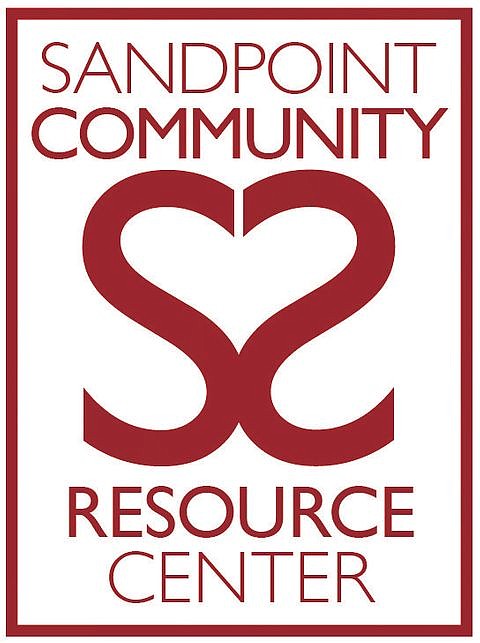HUD designates EnVision centers to serve Boundary, Bonner County
SANDPOINT — The U.S. Department of Housing and Urban Development, under HUD Secretary Ben Carson and Northwest administrator’s leadership, Jeff McMorris, has designated Sandpoint Community Resource Center as a HUD EnVision Center serving residents of Bonner and Boundary counties in Idaho.
Carson first launched the EnVision Center initiative in 2018 and designated 90 EnVision Centers across the country, including the EnVision Center operated by St. Vincent de Paul of North Idaho in Coeur d’Alene.
HUD EnVision Centers serve as "one-stop" service hubs for individuals and households that need a range of social, health, educational and other services to help them become self-sufficient.
HUD is partnering with many providers in north Idaho, including Community Action Partners, Panhandle Health, The Salvation Army, Helping Hands & Helping Hearts, Idahope Families, Bonner County Housing Agency, NAMI Far North , three food banks, local schools and numerous county and state agencies.
McMorris stated in a letter of designation, the Sandpoint Community Resource Center "aligns with the EnVision Center demonstration’s goal of empowering households towards self-sufficiency."
McMorris stated that the EnVision center would help Boundary and Bonner county residents by providing a place for Idaho’s most vulnerable with new services.
“When Secretary Carson launched HUD's EnVision Center initiative two years ago," McMorris said, "he saw them as offering a holistic approach to advancing the four pillars of self-sufficiency, economic empowerment, educational advancement, health and wellness, and character and leadership.”
The resource center’s Executive Director, Linnis Jellinek, is honored by HUD’s designation and is excited that the one-stop centers will help the most vulnerable become self-sufficient.
“Our community is enthusiastic about a “one-stop hub” for resources and services,” Jellinek said, “The EnVision Center will not only serve as a safety net for many, but it will be a place of hope as we empower households to achieve self-sufficiency.”
No HUD funding is connected to designation as an EnVision Center but establishes and enhances the collaboration EnVision Centers have with other Federal and state agencies to help EnVision Centers serve their communities.
In the application to become an EnVision Center, the Sandpoint Center identified four "gaps" which HUD's assistance in expanding existing and establishing new partnerships could help the Center address — transportation, permanent and transitional housing, emergency mental health, substance use disorder services and food instability.

